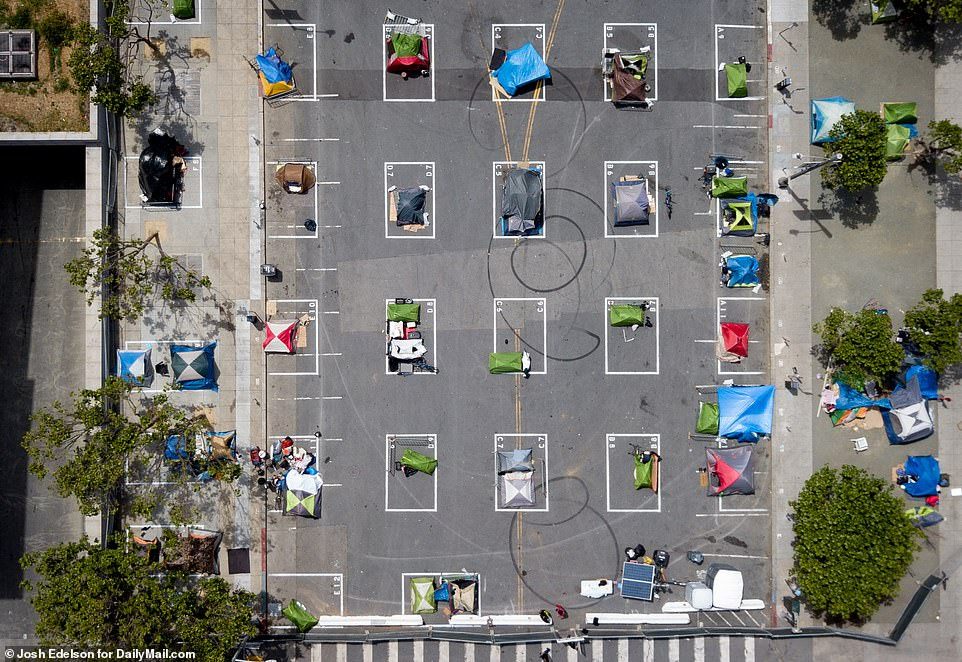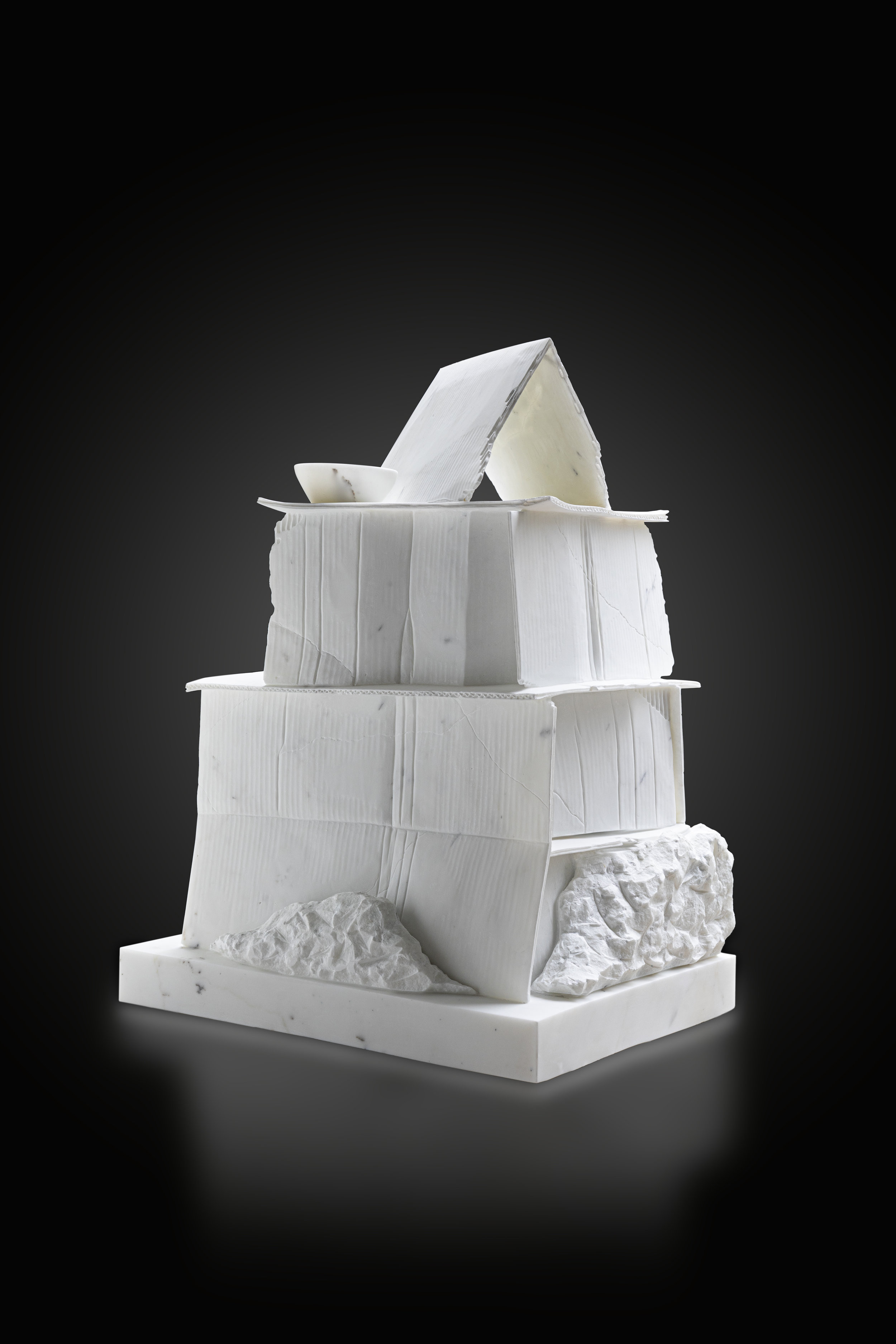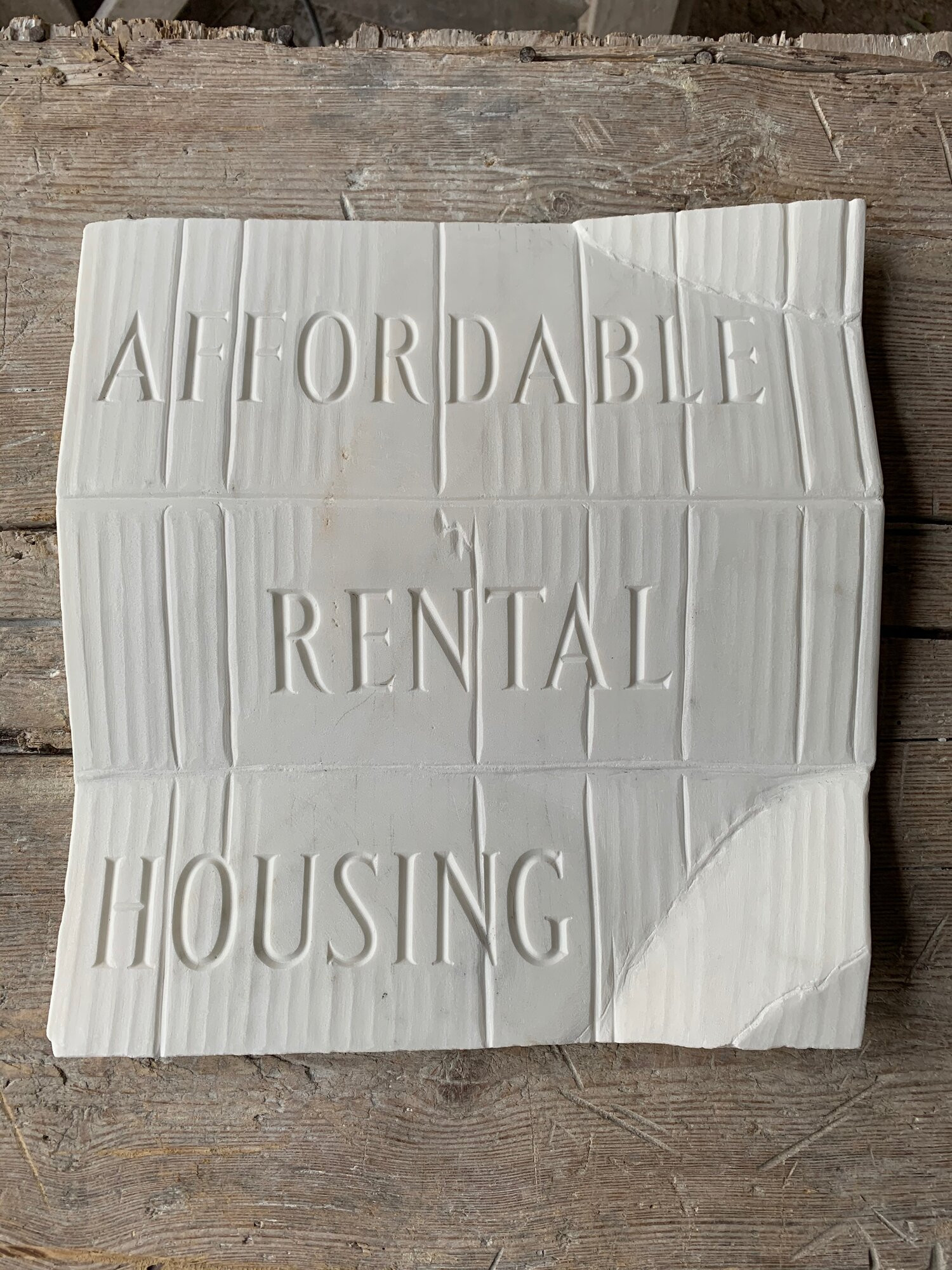Safe sleeping villages
Safe sleeping villages in San Francisco. Video: Associated Press
The coronavirus epidemic is particularly dangerous to the vulnerable in our communities. Street homeless people live with a higher than average rate of underlying conditions. The mantra of frequent hand-washing and maintaining physical distance from others can both be difficult, if not impossible to achieve.
Many cities acted quickly to provide accommodation. San Francisco set up 'safe sleeping villages' – or homeless tent encampments – around San Francisco City Hall. Food and clean water is provided.

Safe sleeping village, San Francisco. Photo: Josh Edelson, Daily Mail
In other cities, many street homeless were provided with hotel accommodation. But these actions merely highlight underlying problems which need resolving in the longer term.
In Manchester, UK, according to an article in the Guardian, a quarter of homeless people housed in hotels during the lockdown have been asked to leave or left voluntarily. Underlying issues of drug or alcohol use and mental health problems giving rise to 'anti-social behaviour' have been factors, as have maintaining rules about physical distancing or prohibitions on smoking in their rooms. Others found the adjustment to life off the streets after months or years of street homelessness simply too hard to adapt to.
Like the solution to the virus itself, the solution to homelessness is complex.

Jim Hagar, House of Cards. Photo: Paola Tazzini-Cha
So how do we keep up pressure to alleviate poverty, inequality and homelessness, after the clapping stops?
Some artists have always played a key role in raising awareness of social issues. In episode six, Jim Hager talks about his Sculpture for Homeless project that he hopes will help highlight the problems of homelessness in Oakland, California. He describes carving a ‘cardboard’ house in marble as a centre-piece for an exhibition which aims to give voice to homeless people in his community ensuring they are heard.

Photo: Jim Hager
Source: the Guardian article mentioned was by Amy Walker and Eric Allison, 27 April 2020